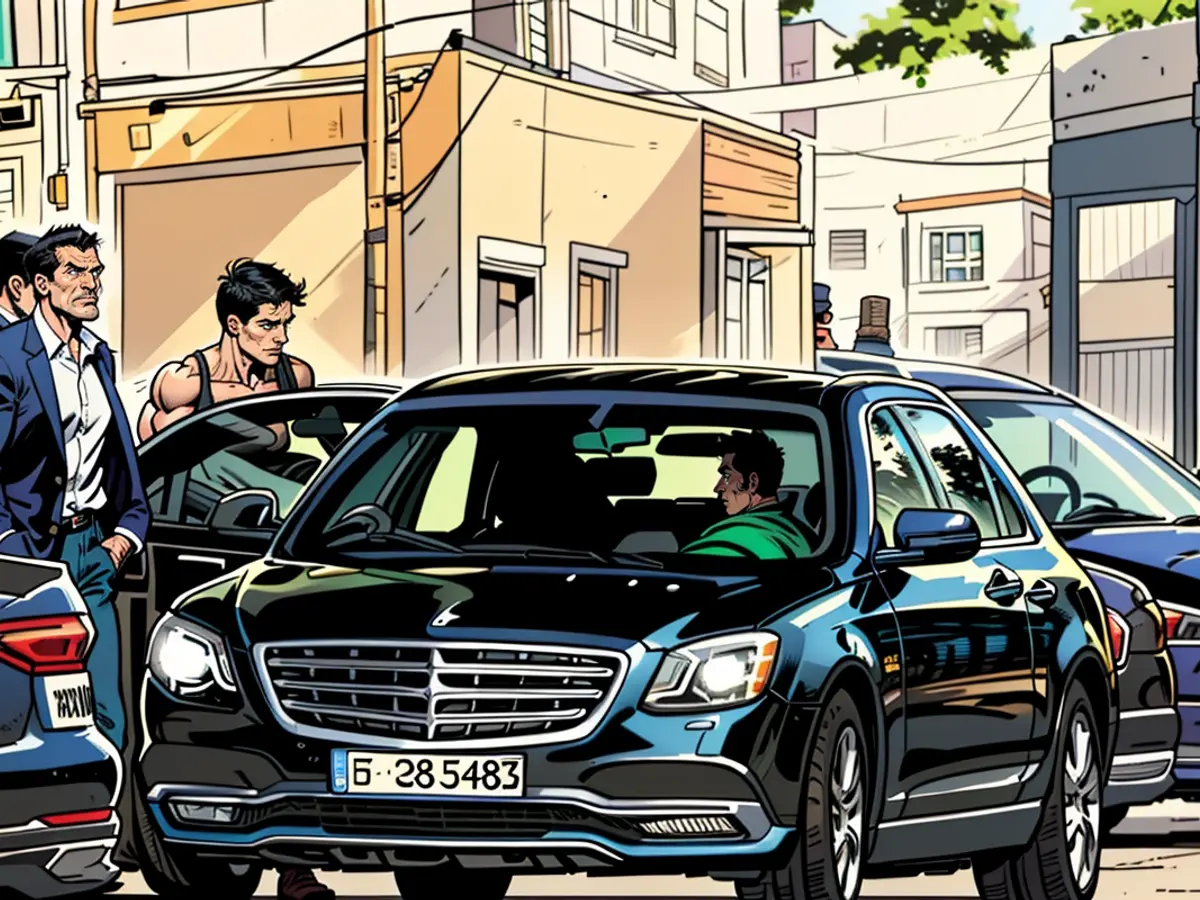Federal Government - Coalition agrees on budget and growth package
The heads of the traffic light coalition have achieved a breakthrough in the 2025 federal budget and the growth package after long negotiations. This was reported by the German Press Agency from coalition circles following consultations between Federal Chancellor Olaf Scholz (SPD), Finance Minister Christian Lindner (FDP), and Economics Minister Robert Habeck (Greens).
The agreement on the 2025 federal budget and the financial plan up to 2028 provides that the debt brake is maintained, as the German Press Agency learned from government circles. A state of emergency was therefore not declared.
Scholz, Habeck, and Lindner met in the afternoon. Details of the agreement were initially not disclosed. The Bundestag factions of the SPD and Greens are to meet for sessions at 7:00 pm.
Coalition leaders in budget stress
Scholz, Habeck, and Lindner had been in negotiations for the past few weeks, aiming to reach an agreement by this Wednesday. The 17th of July is now being discussed for the cabinet decision. To meet this deadline, a quick consensus was necessary because the drafting of the budget law usually takes approximately ten days. The Bundestag will then deal with the draft budget in mid-September, which could be passed in November or December.
Billion-dollar gaps
Individual ministries, such as the Foreign Office or the Development Ministry, initially refused to accept spending cuts proposed by Lindner due to international obligations. The social budget was also a contentious issue. In addition, a gap of around 10 billion euros needed to be closed. Above all, the SPD insisted on extending financial burdens due to the Ukraine war and the debt brake to create more room for investments. However, this was not an option for Lindner's FDP. The SPD rejected cuts in the social budget.
Growth package
In Germany, only minimal growth is expected this year. Companies are holding back on investments, and private consumption is not picking up. Business associations have long been complaining about competitive disadvantages, such as a high tax and tax burden, a lack of skilled labor, and excessive bureaucracy.
The government aims to address this with the "growth turbo." Scholz had already stated that the federal government wants to encourage private investment. He offered improved tax depreciation incentives for companies. Additionally, the government intends to ease the burden on parents in terms of acquisition and to increase employment incentives, even tax-related ones.
- The breakthrough in the budget negotiations took place in Berlin, the capital of Germany.
- Olaf Scholz, the SPD leader and Federal Chancellor, was joined by Christian Lindner, the FDP's leader and Finance Minister, alongside Robert Habeck, the Greens' leader and Economics Minister, in the marathon negotiation.
- The agreement reached between the three coalition partners includes maintaining the debt brake, a policy that was supported by the FDP, as reported by the German Press Agency.
- The 2025 federal budget and the financial plan up to 2028 agreement have put coalition leaders under pressure, with the SPD and Greens' Bundestag factions meeting for sessions later in the evening.
- The FDP, led by Christian Lindner, had initial disagreements with other ministries regarding spending cuts, causing billion-dollar gaps that needed to be addressed.
- The growth package, aiming to boost Germany's economic growth, includes incentives for private investment, such as improved tax depreciation incentives for companies, and tax-related employment incentives.
- The affected ministries, such as the Foreign Office and the Development Ministry, initially resisted spending cuts proposed by Lindner, leading to contentious negotiations within the traffic light coalition, which is identified as the 'Coalition of the Traffic Light' in the German political landscape.








